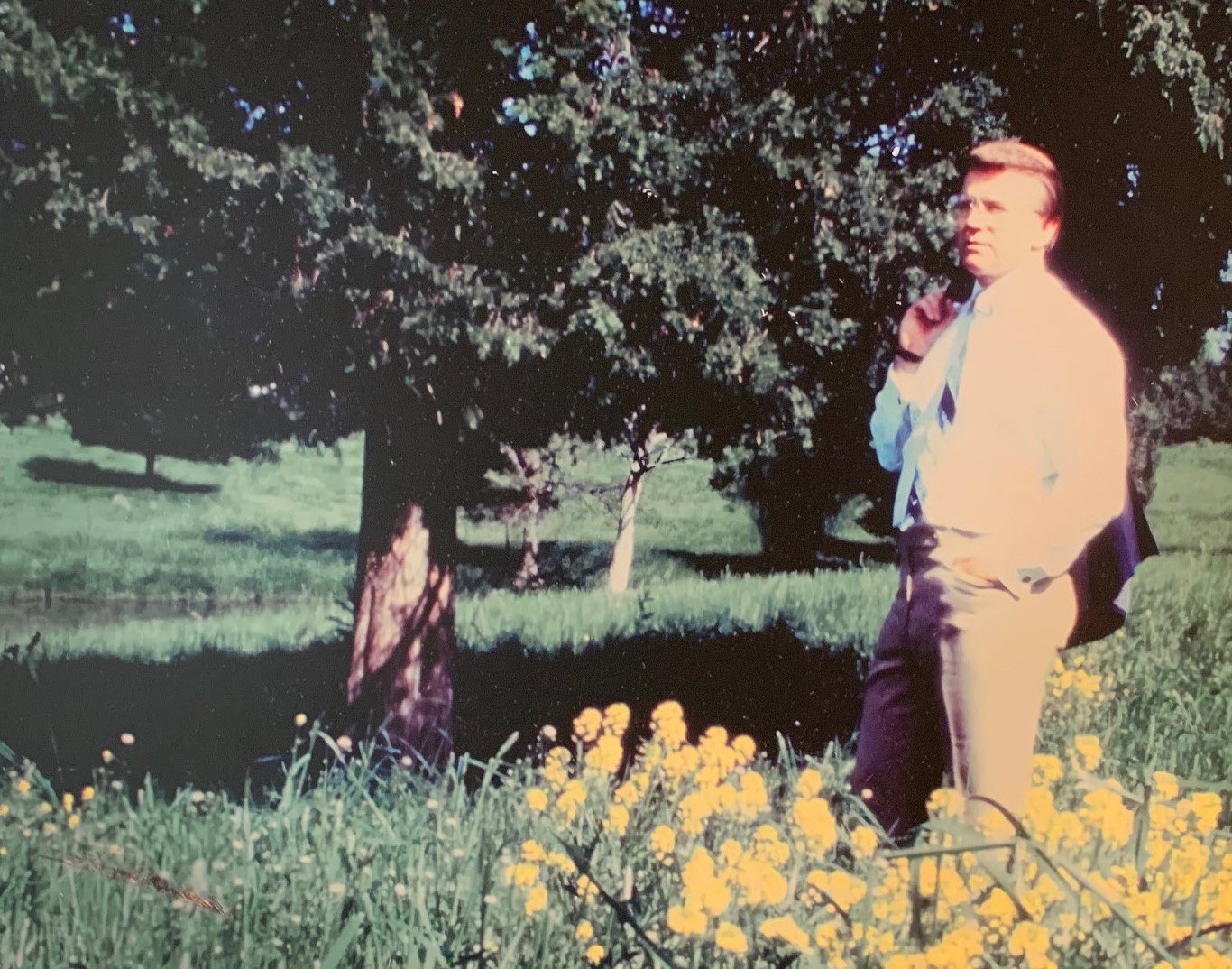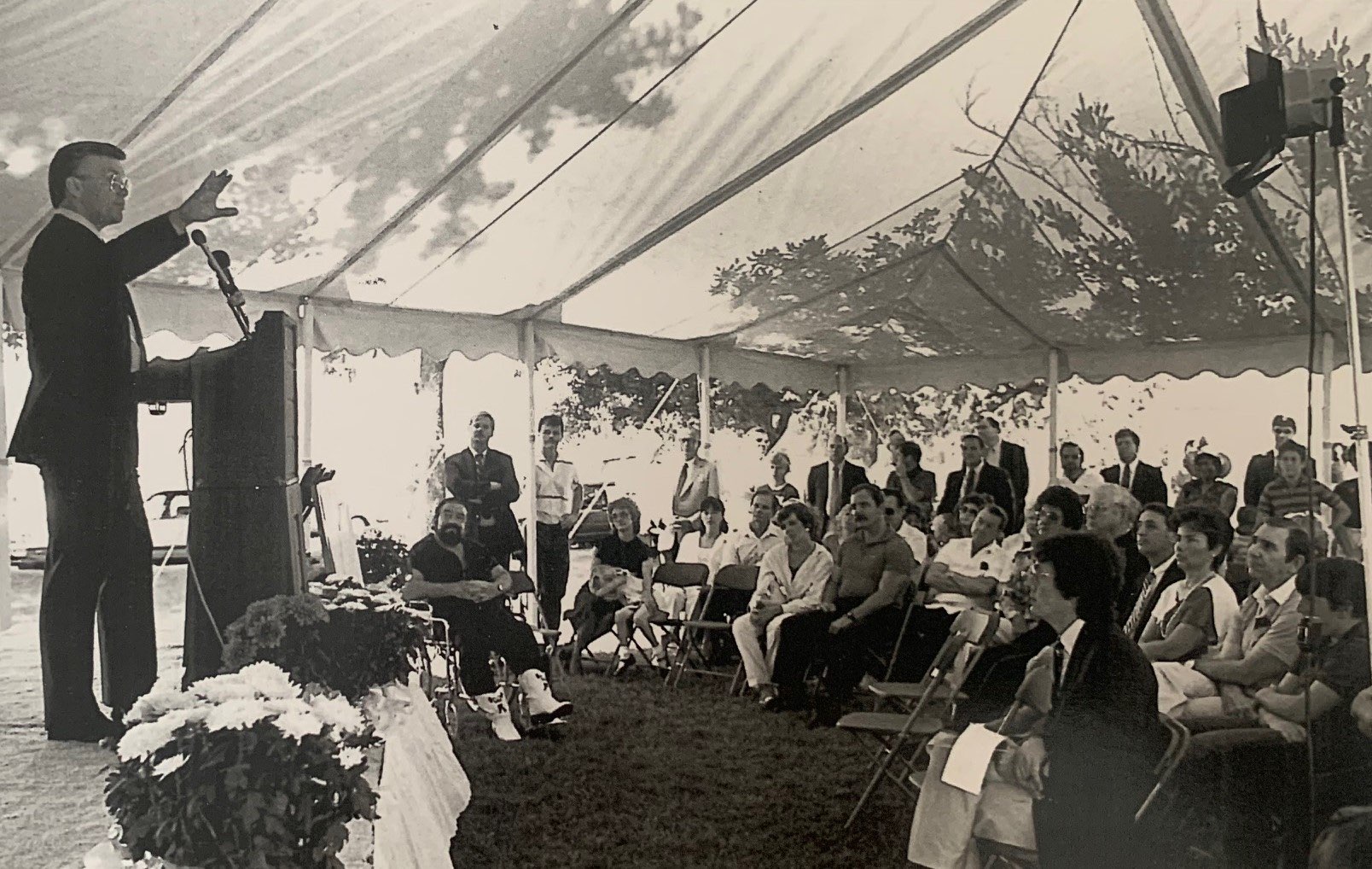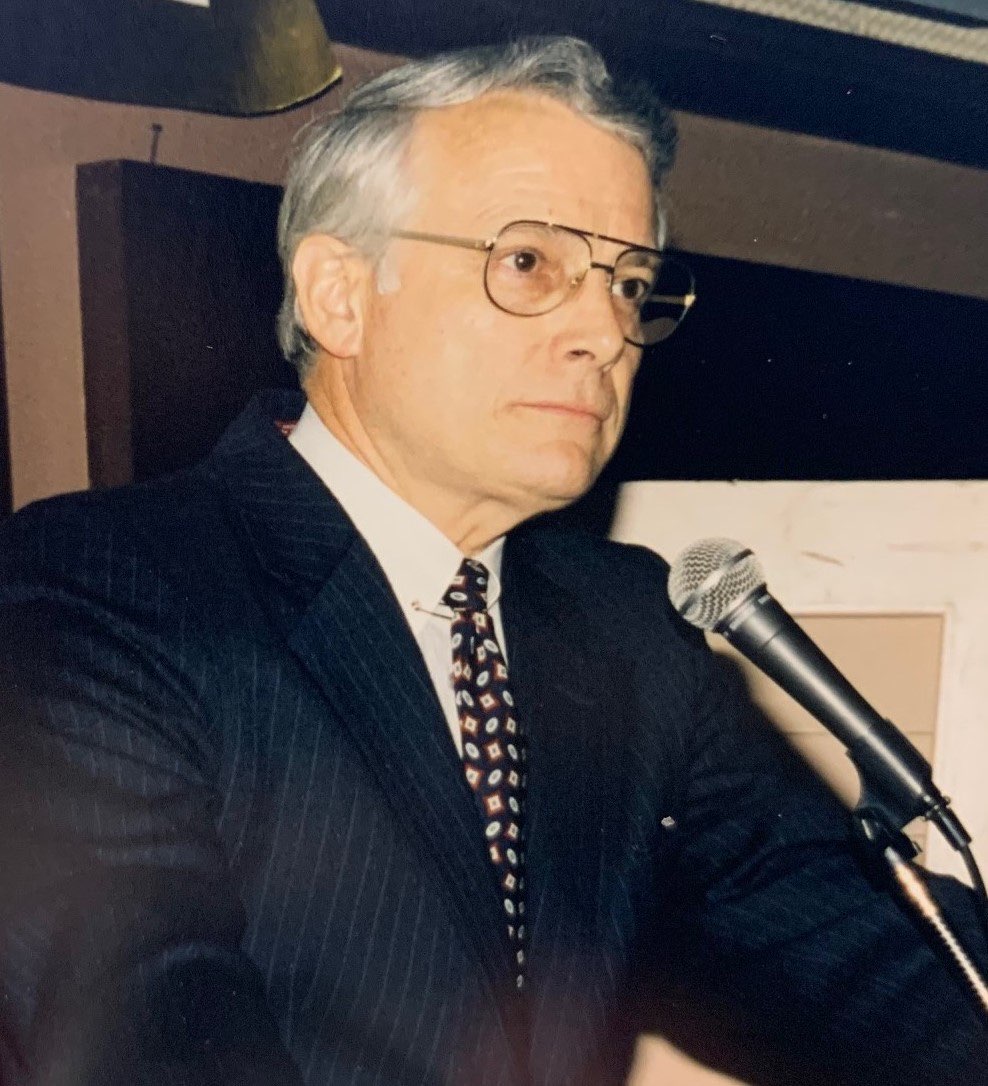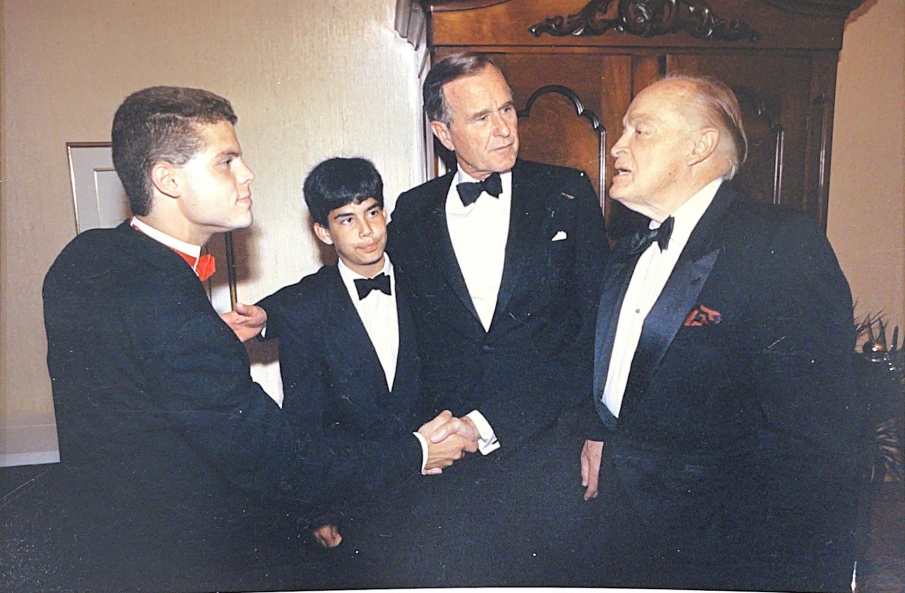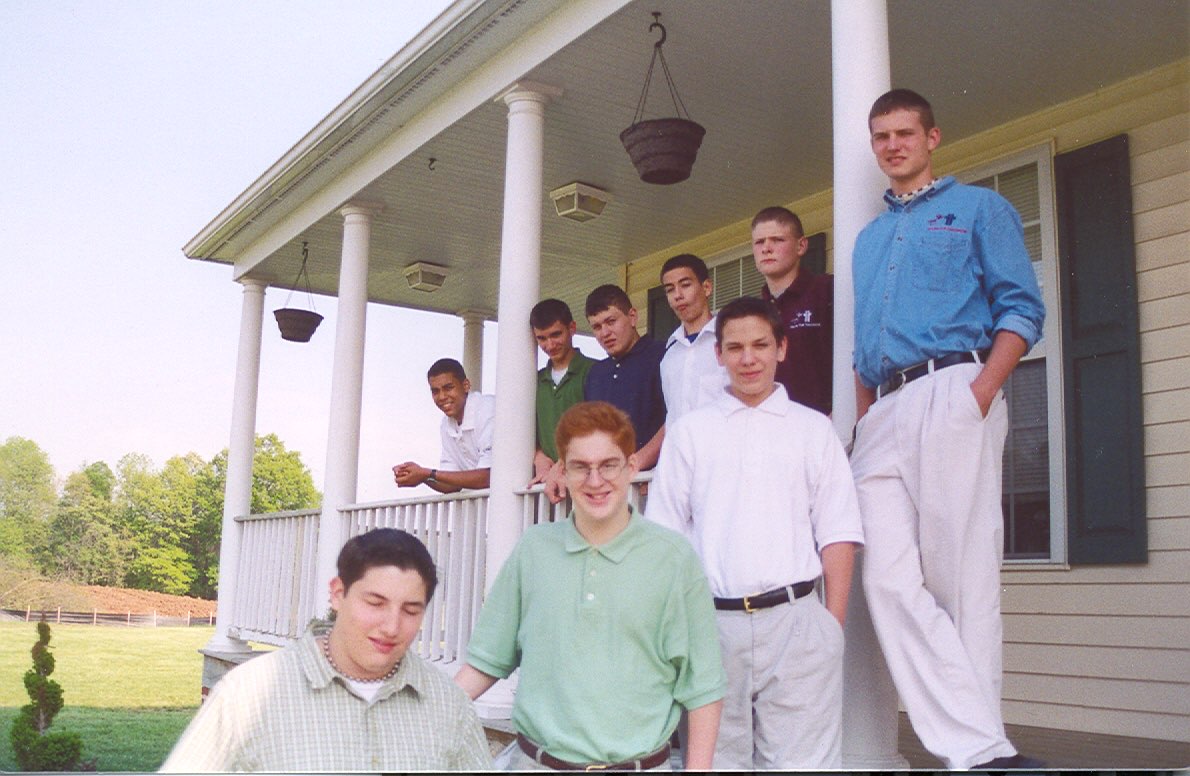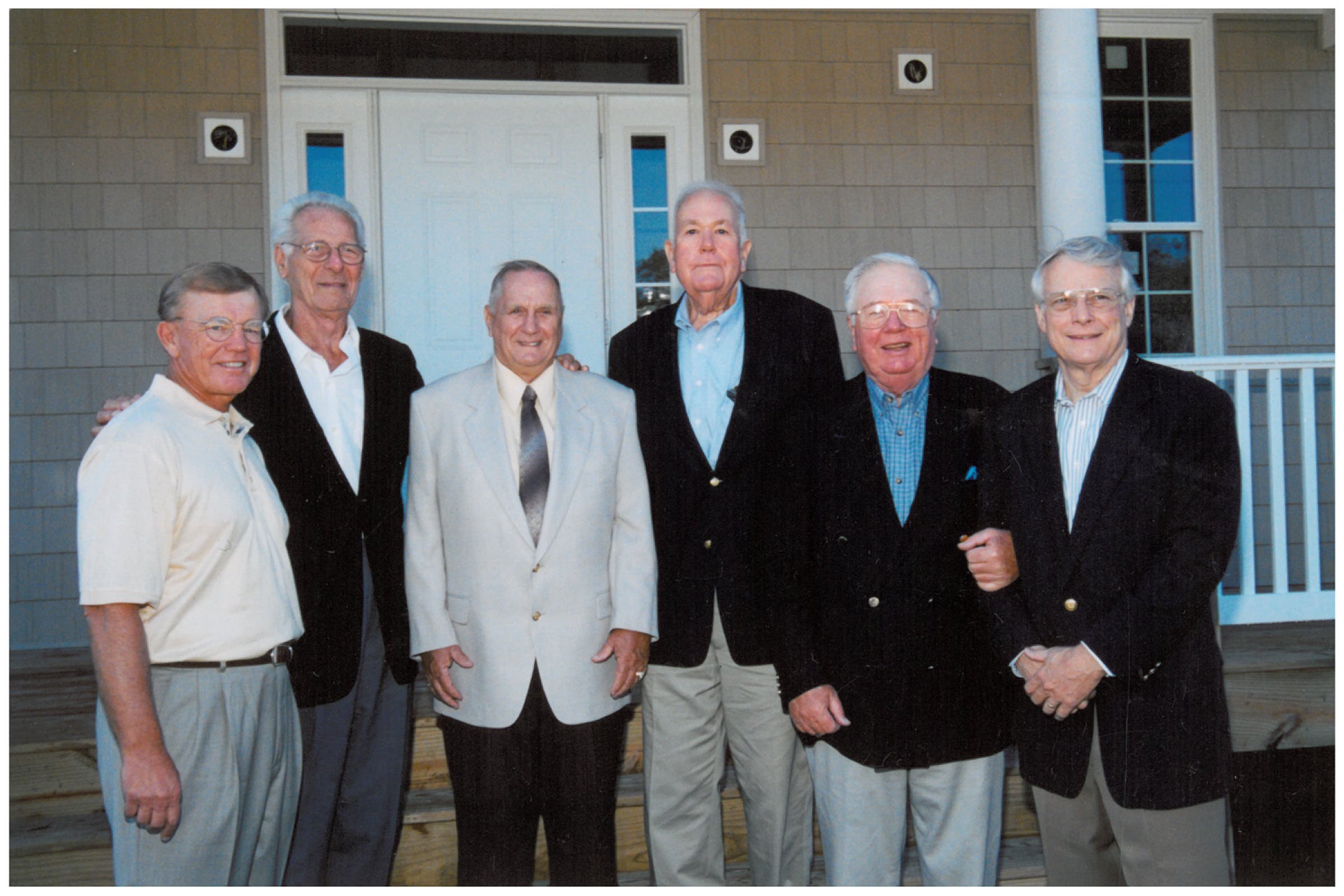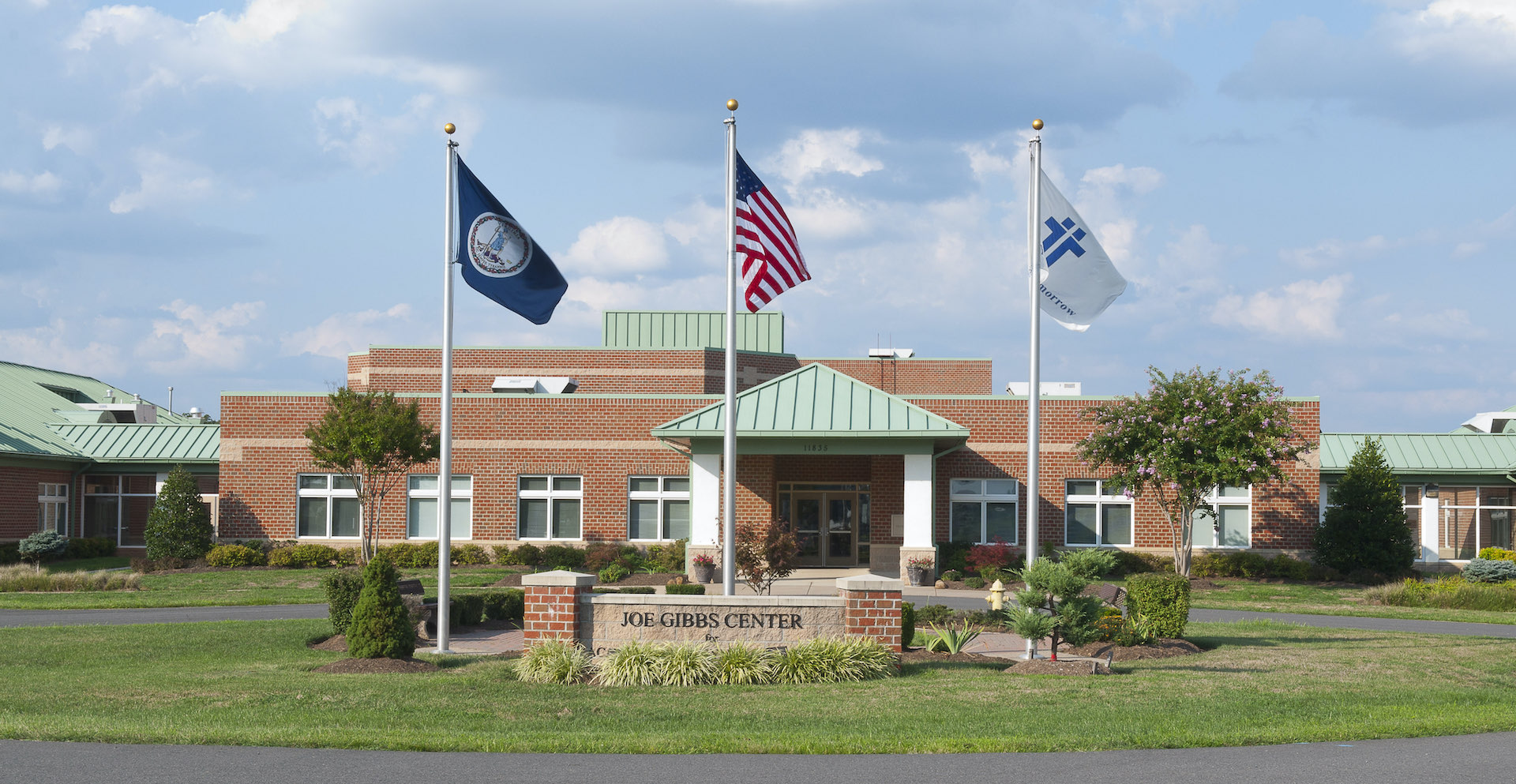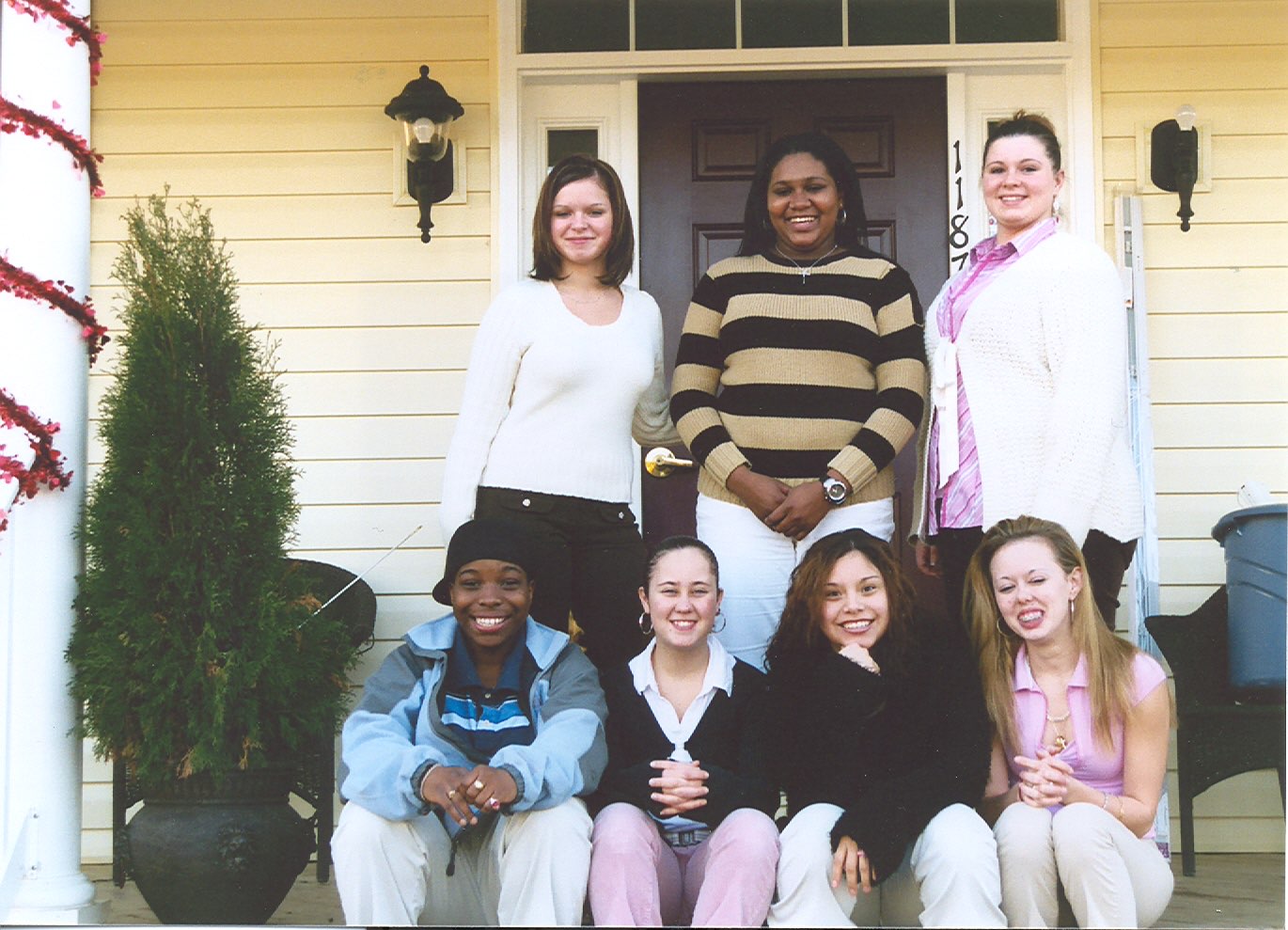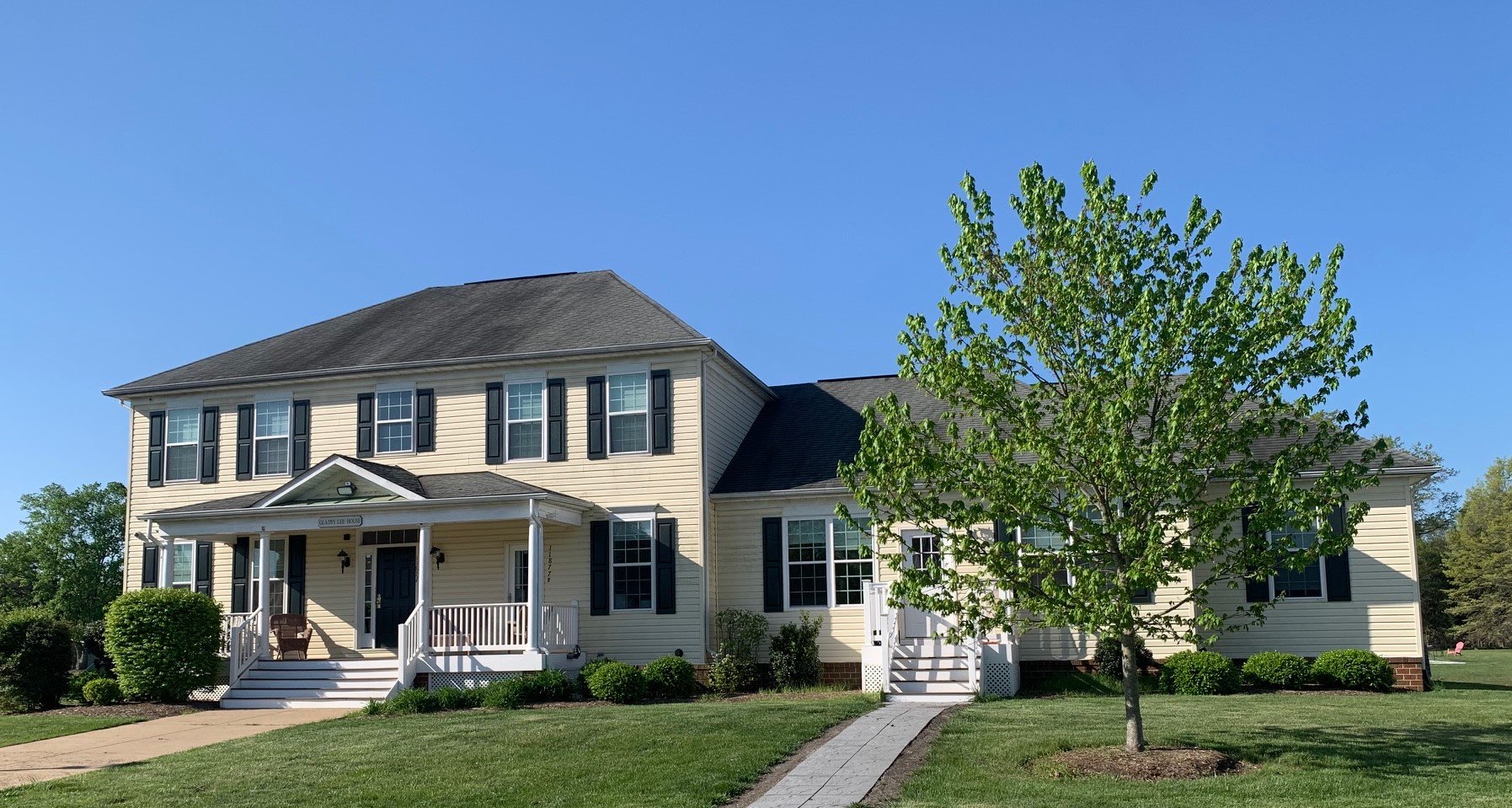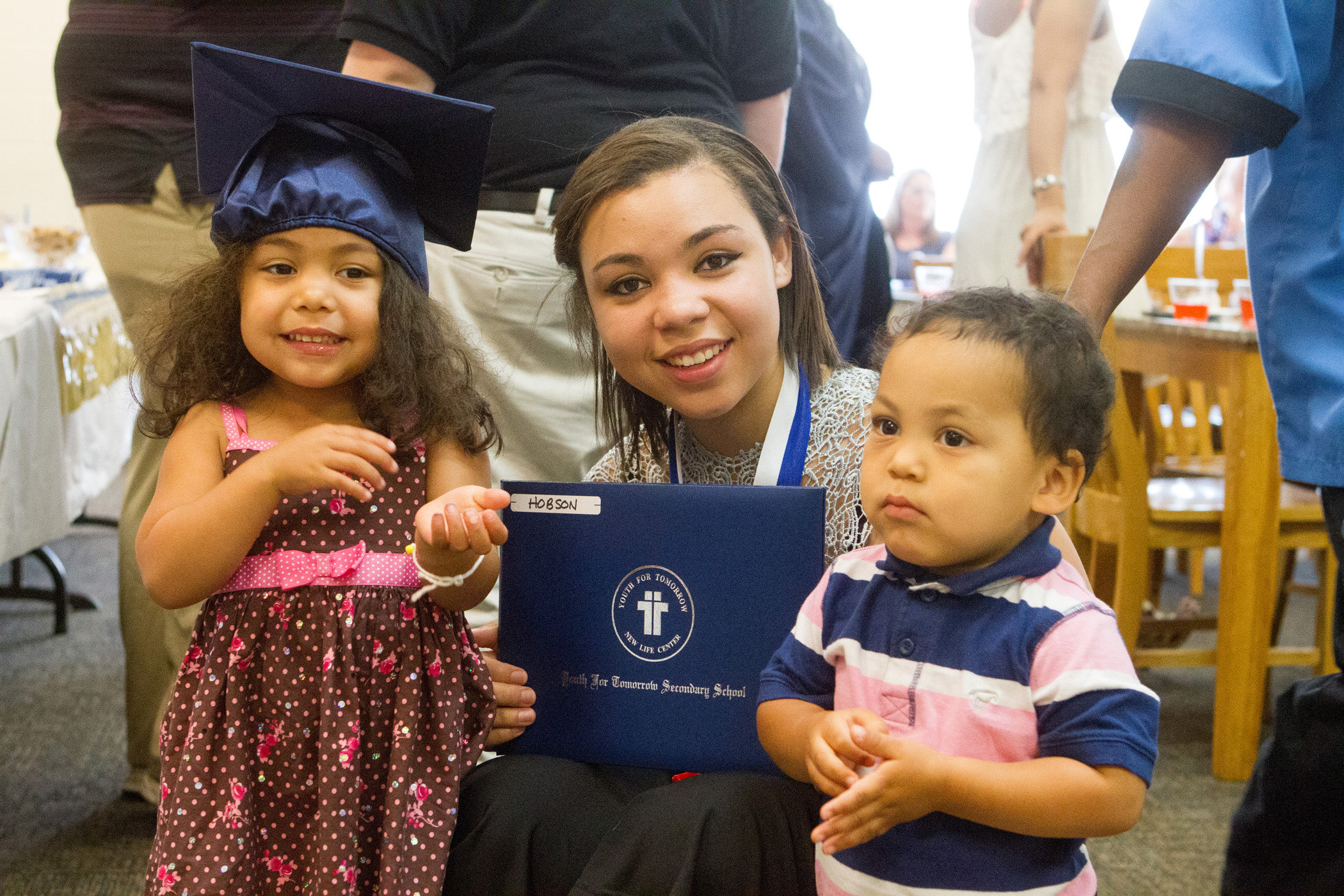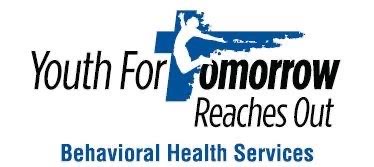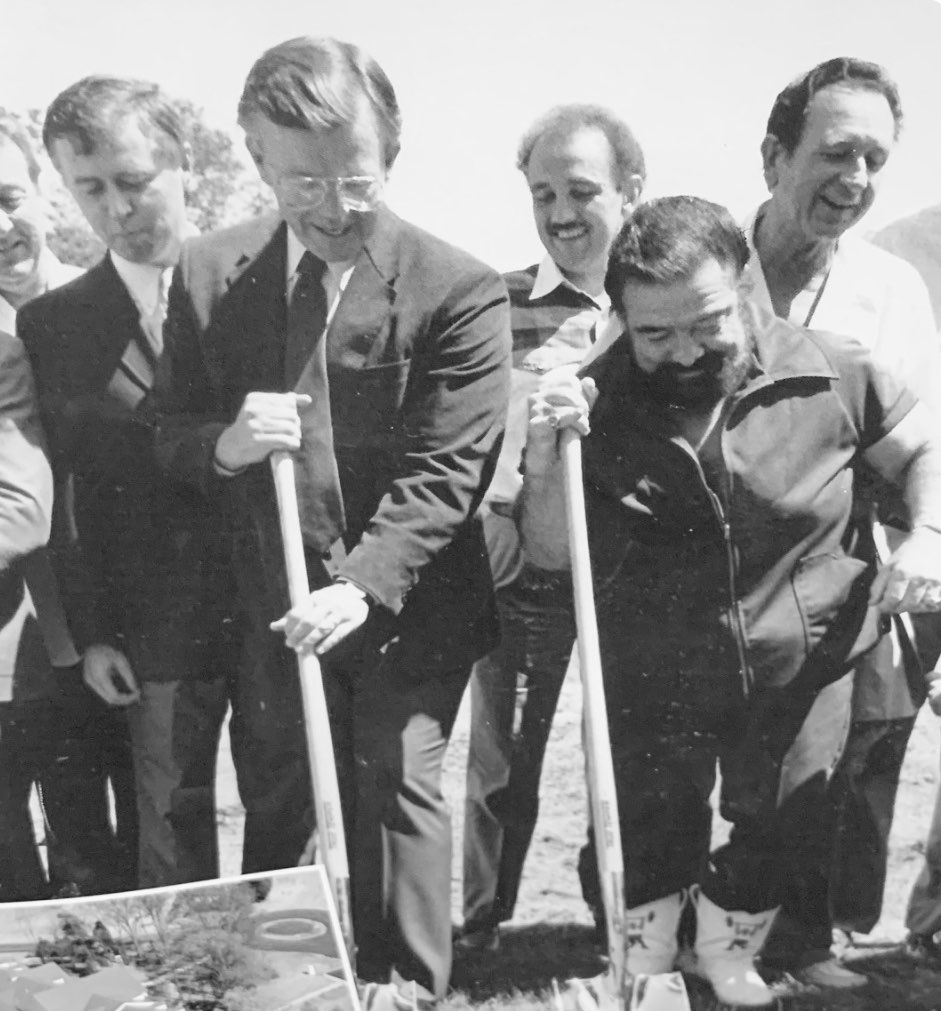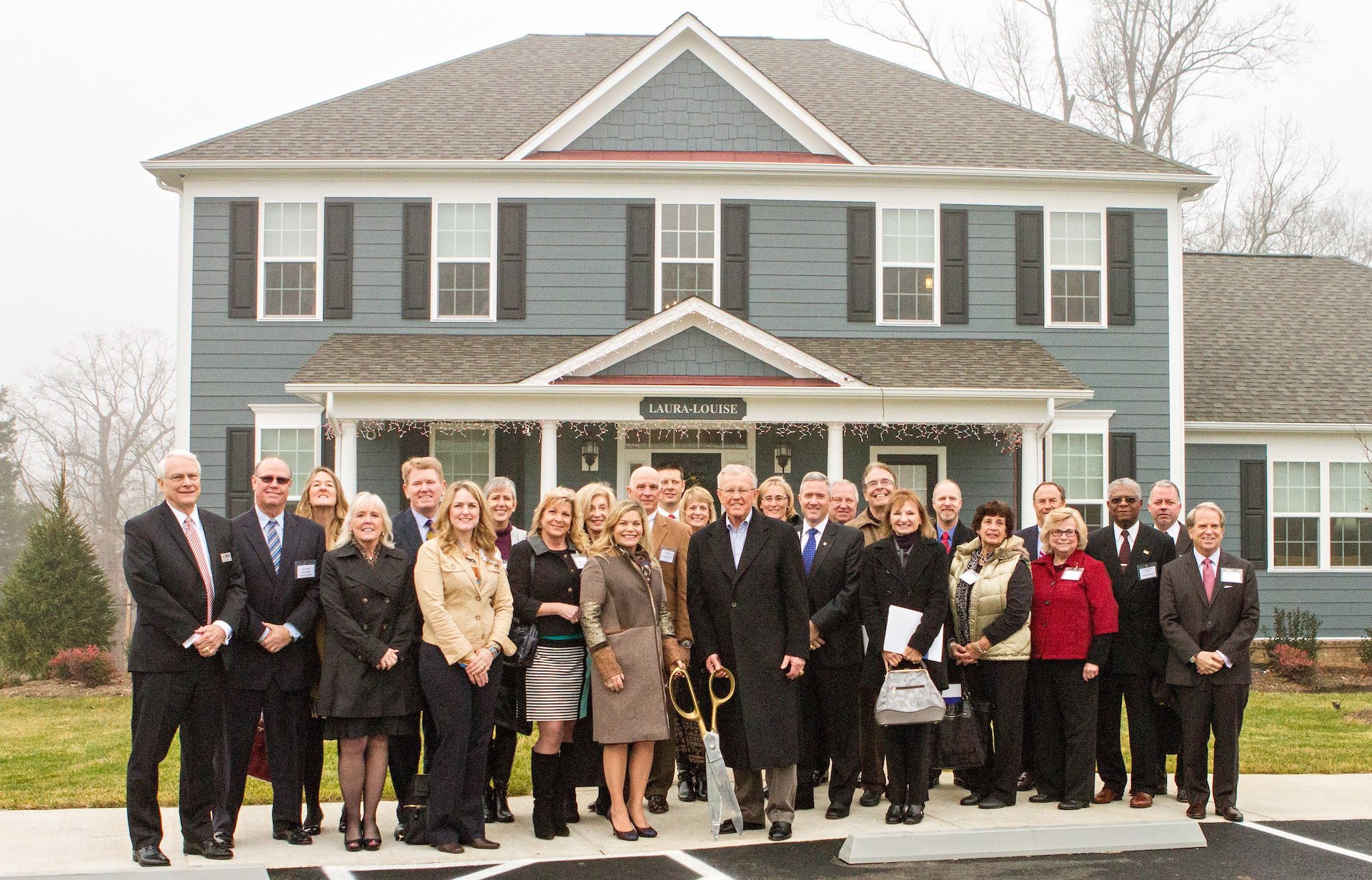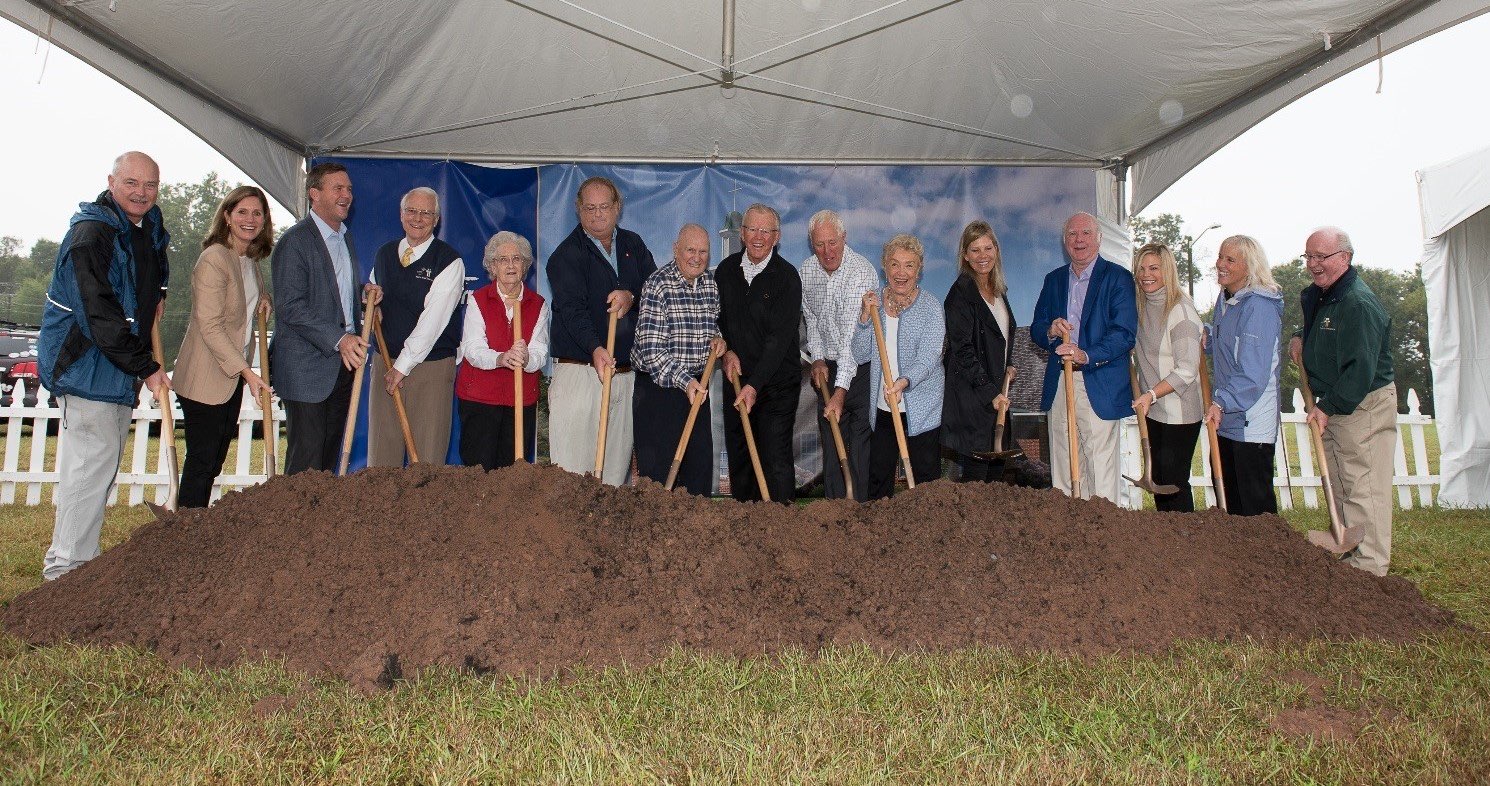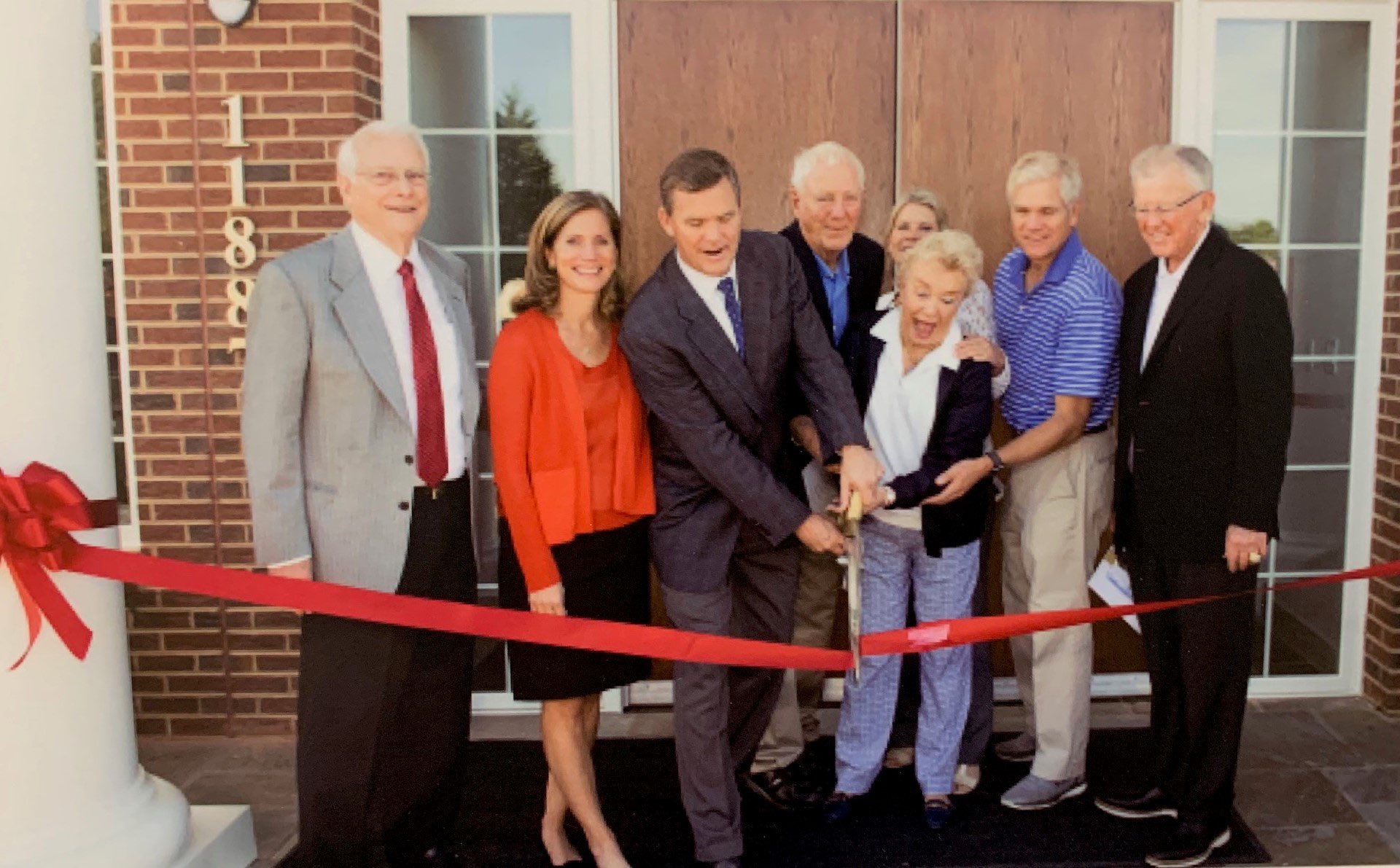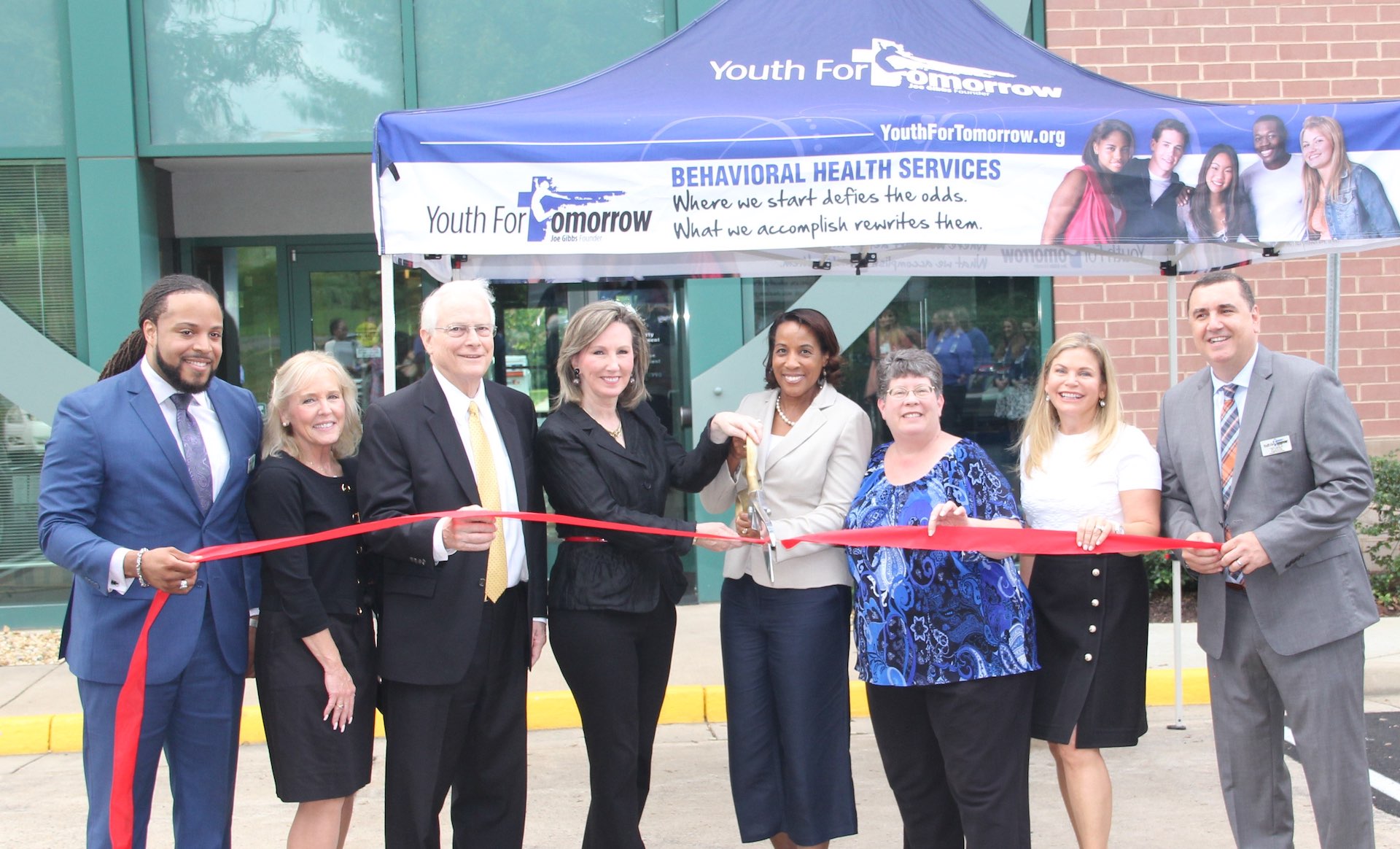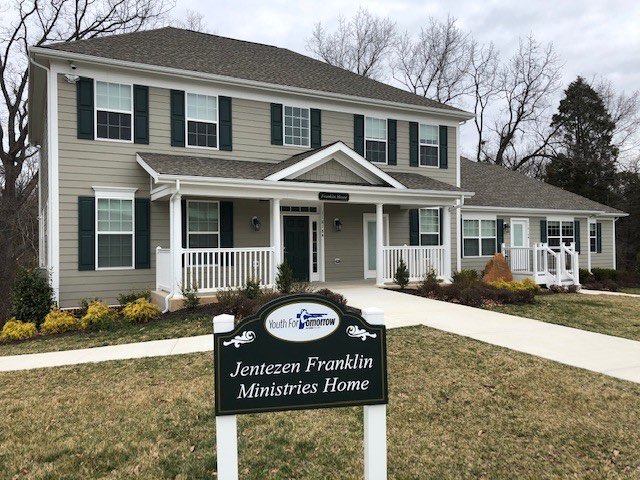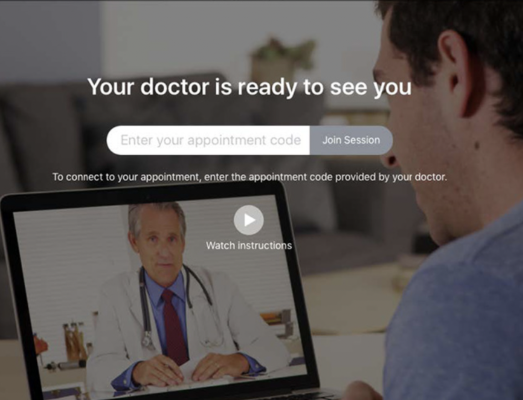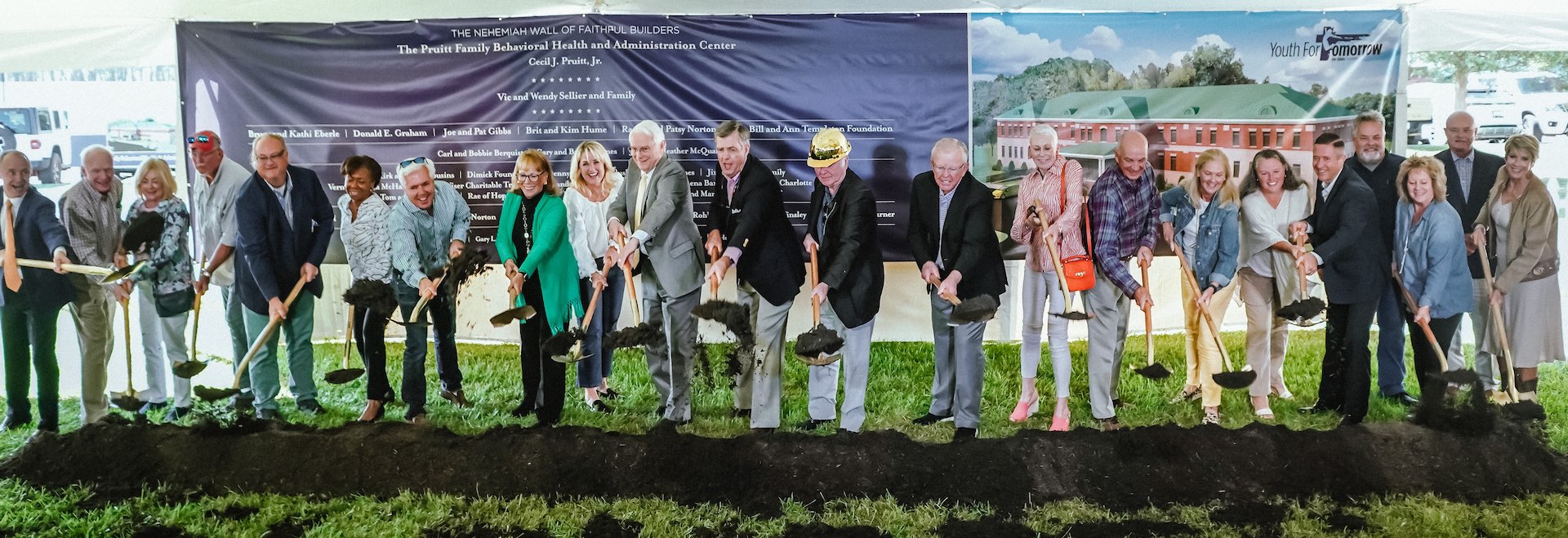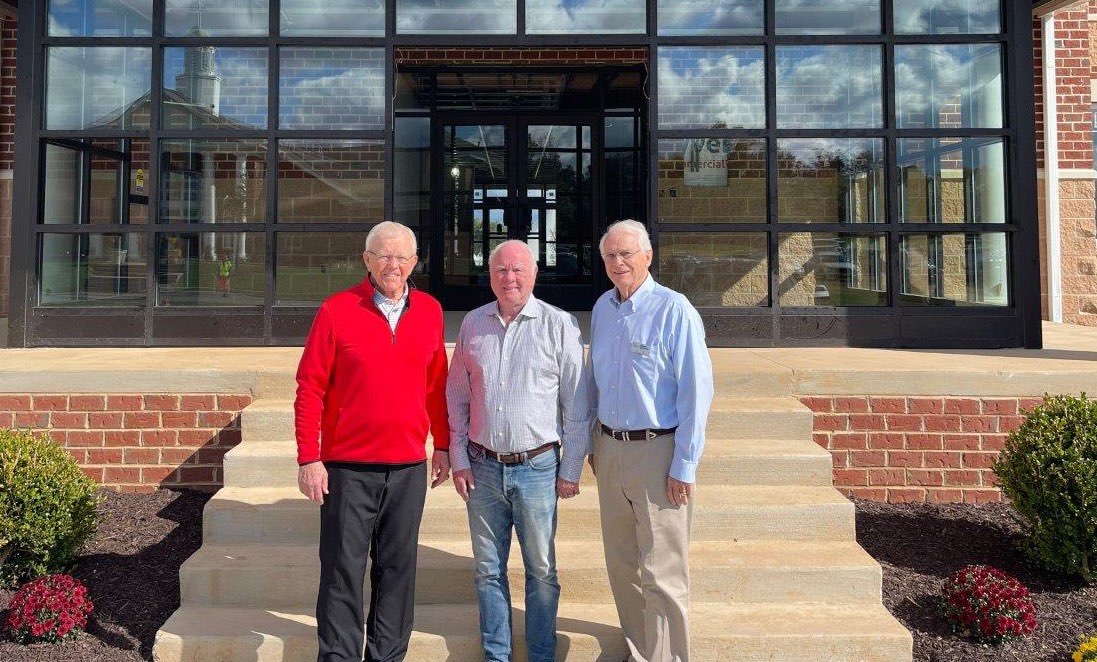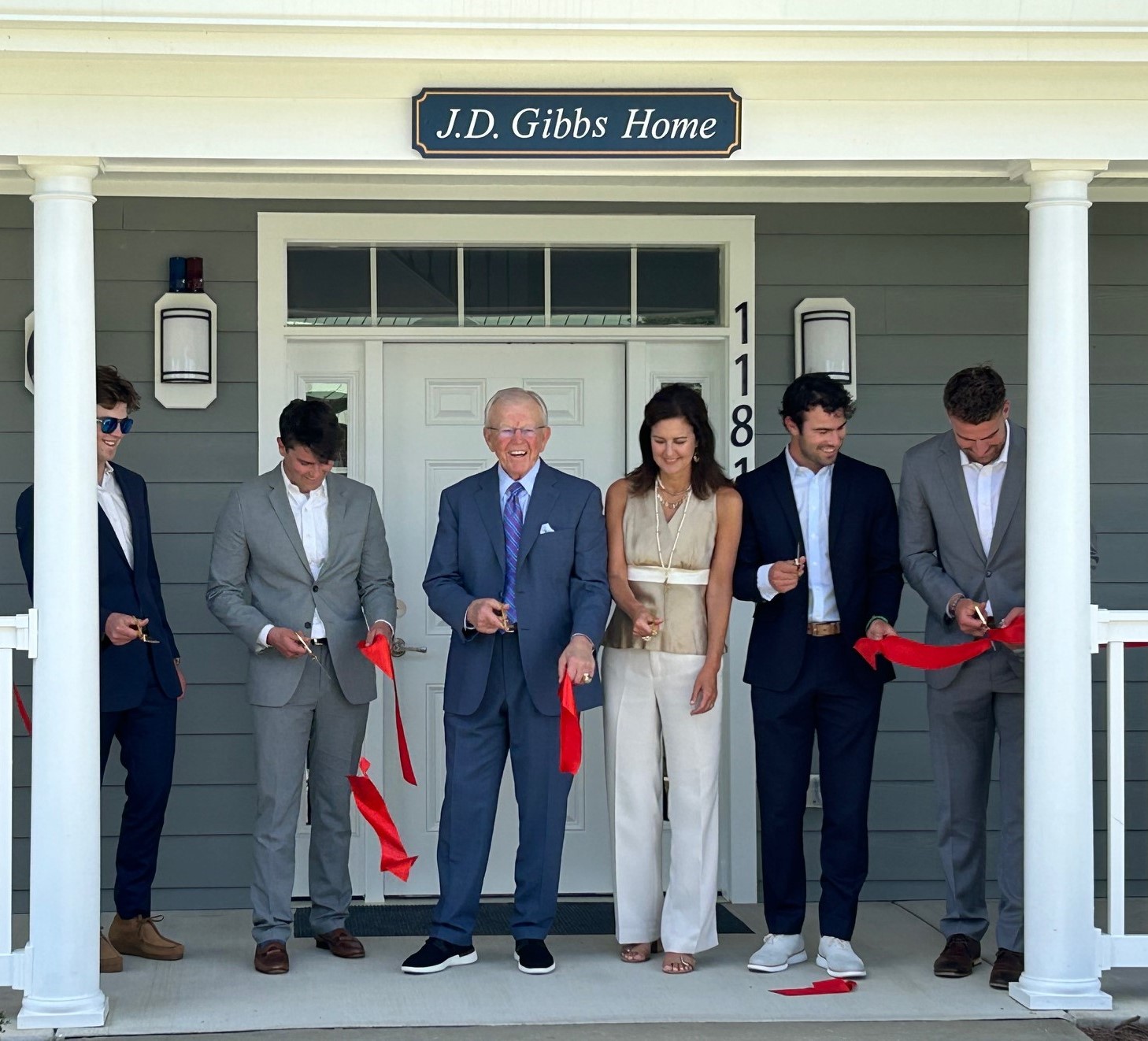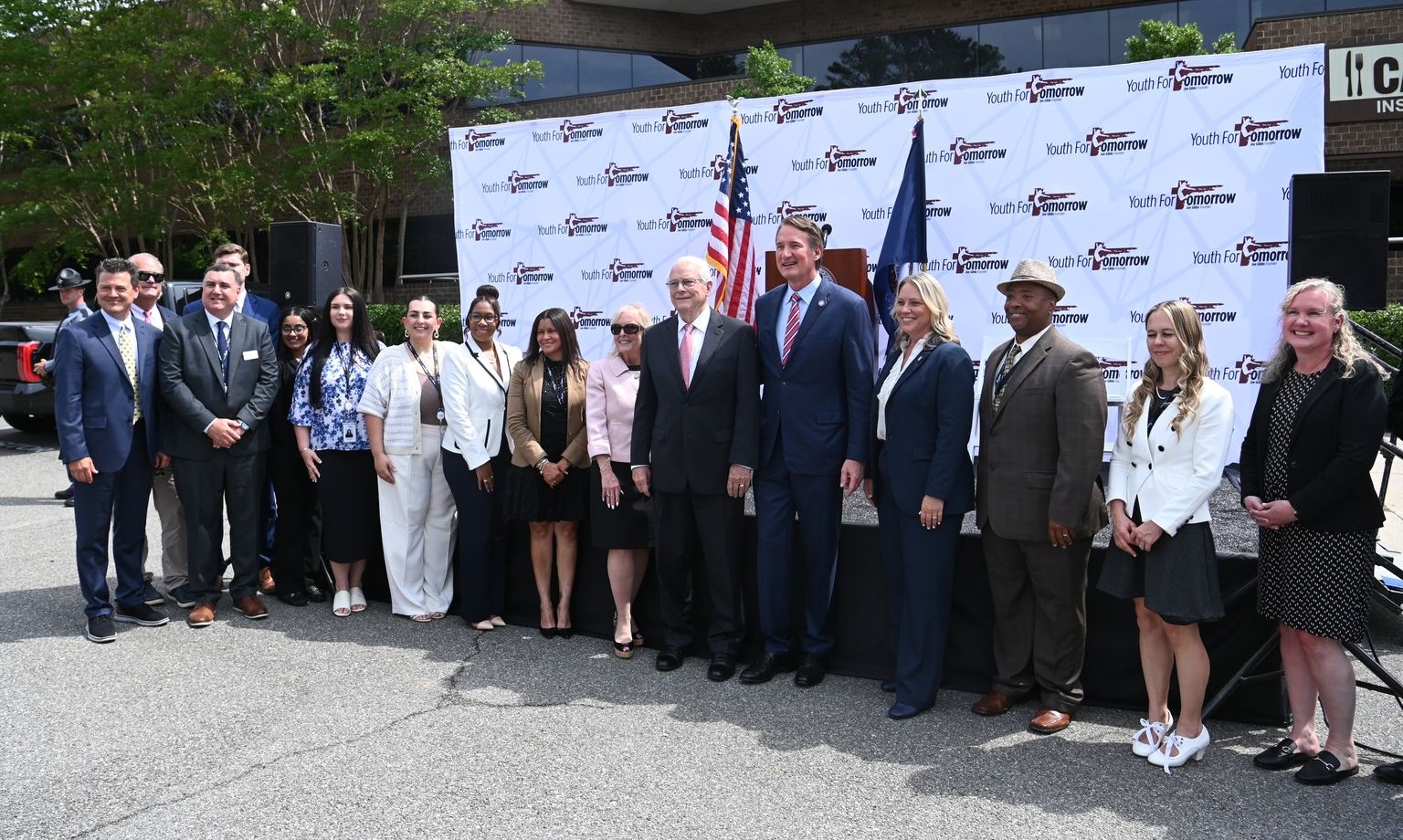About Youth For Tomorrow
We guide at-risk children and families to a better future.

What Do We Do?
Youth For Tomorrow provides a range of services
to support at-risk youth and families.
Our Mission
The mission of Youth For Tomorrow is to provide children and families with the opportunity to focus their lives and develop the confidence, skills, intellectual ability, spiritual insight and moral integrity - each based on Godly principles, resulting in positive changes to the benefit of the child, the family, the community, and the nation.
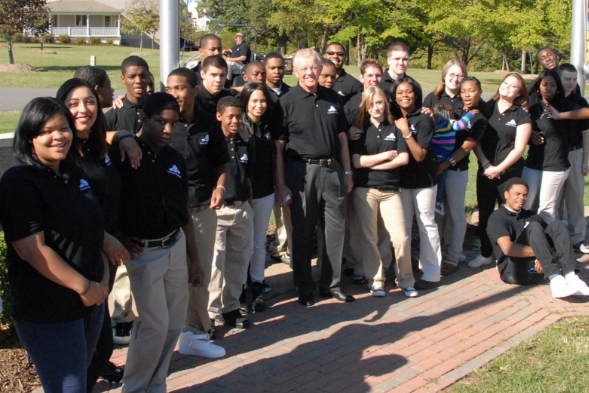
An increasing number of adolescents are at risk of failure to themselves and to society. The roots of this failure flourish in a host of social ills that may include:
These are not of a child's own creation. Allowed to ferment, however, they may lead to academic failure, drug abuse, unwanted pregnancy, delinquency, and unmanageable anger. The resulting impact of these risk factors can be severe and adversely affect the child's family, peers, school, community, and society as a whole.
Our History

After the campus was purchased, construction shortly followed on the original Boys’ Home. In 1986, we enrolled our first male residents. We now admit girls who comprise nearly half of our resident population.
To accommodate the growth in demand since our opening, we have built 6 residential homes for girls and 7 for boys, and constructed a state-of-the-art Education Center, the Joe Gibbs Center for Academic and Physical Education, that was completed in September 2003. Continued expansion of programs, ministry, and administration have resulted in the construction of the Peterson Family Chapel in 2017, and the state of the art Pruitt Administration and Behavioral Health Center in 2022. YFT is a 501(c)(3) non-profit organization and is currently licensed by the Commonwealth of Virginia Department of Social Services, and Virginia Department of Behavioral Health and Development Services (DBHDS) to accommodate residential placements in our shelter and residential treatment center, and by DBHDS to provide opportunities for Therapeutic Day Treatment and Intensive-In-Home services.
Historical Timeline
Who We Are
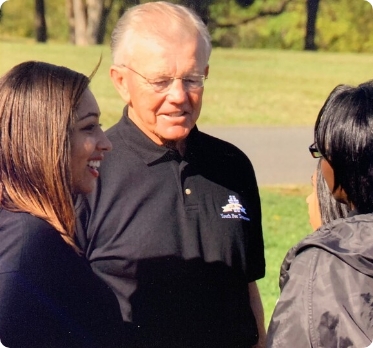
Our Founder
Coach Joe Gibbs founded Youth For Tomorrow in 1986 to help at-risk youth and it has since grown to serve thousands of boys and girls.
Read More
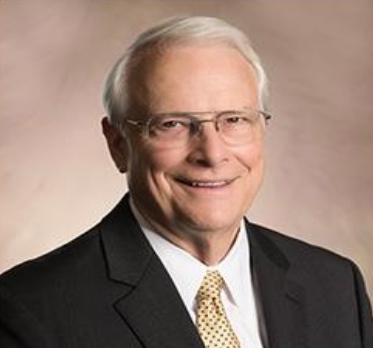
Our CEO
Dr. Gary L. Jones has served Youth For Tomorrow since 1988, providing advice and consultation to increase effectiveness and accountability.
Read More
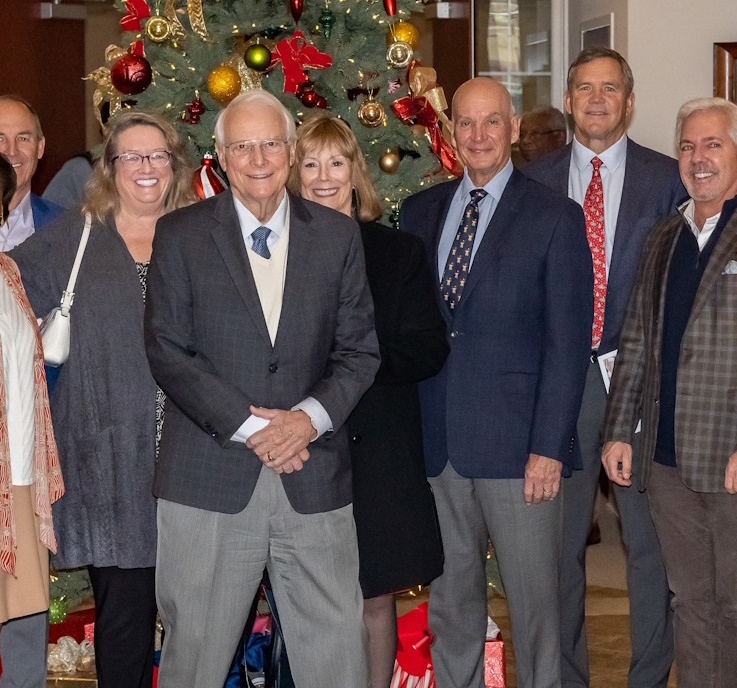
Our Board of Trustees
Our Board is made up of compassionate, hard-working individuals with a strong commitment to our mission.
Read More
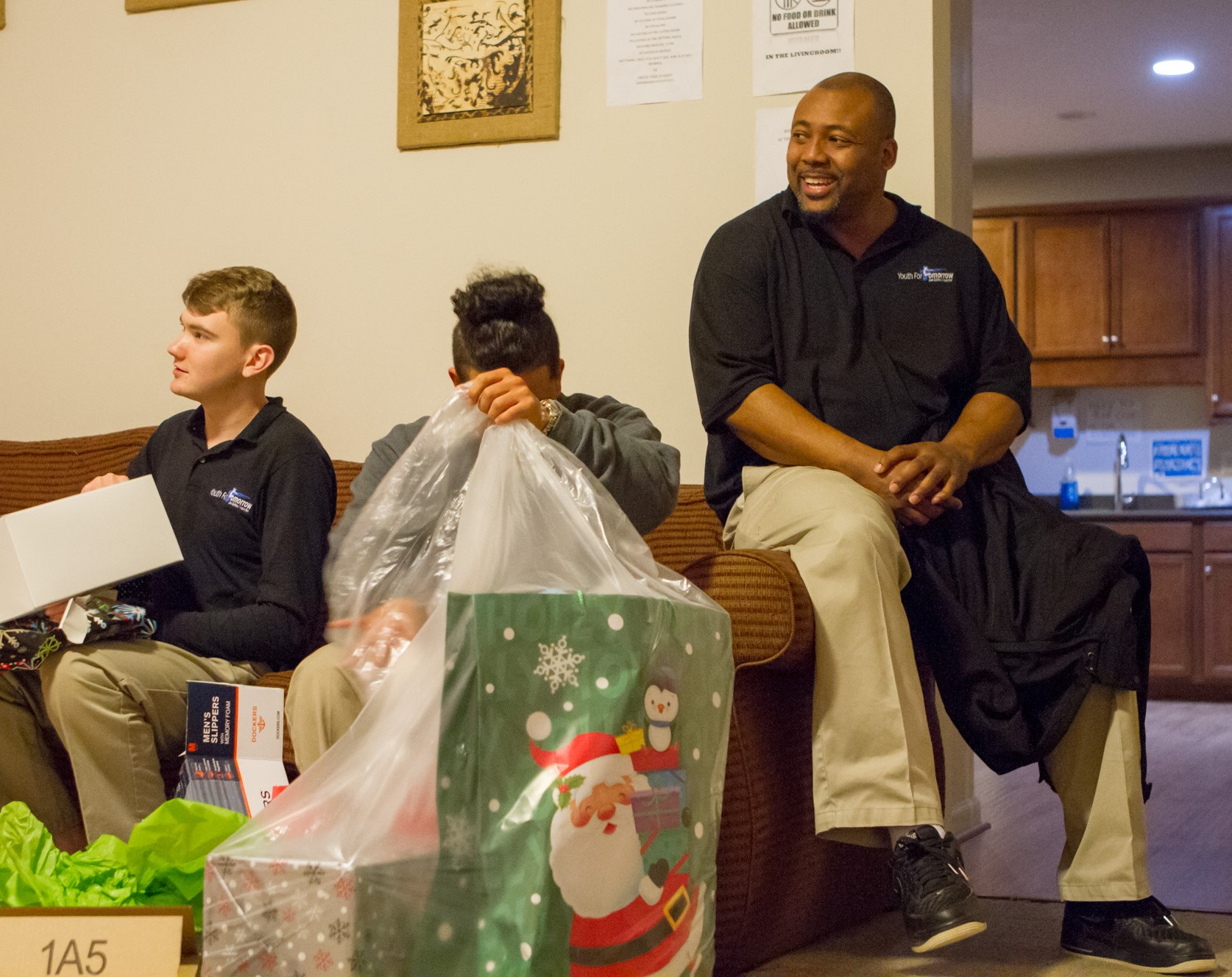
Our Lead Staff
Meet the dedicated and passionate members of Youth For Tomorrow's leadership team, who work tirelessly to ensure that our organization provides exceptional services and care to at-risk youth in our community.
Read More
Licenses

Virginia Department of Behavioral Health & Developmental Services (DBHDS)

Virginia Department of Social Services (DSS)

Virginia Department of Education (DOE)
Accreditations
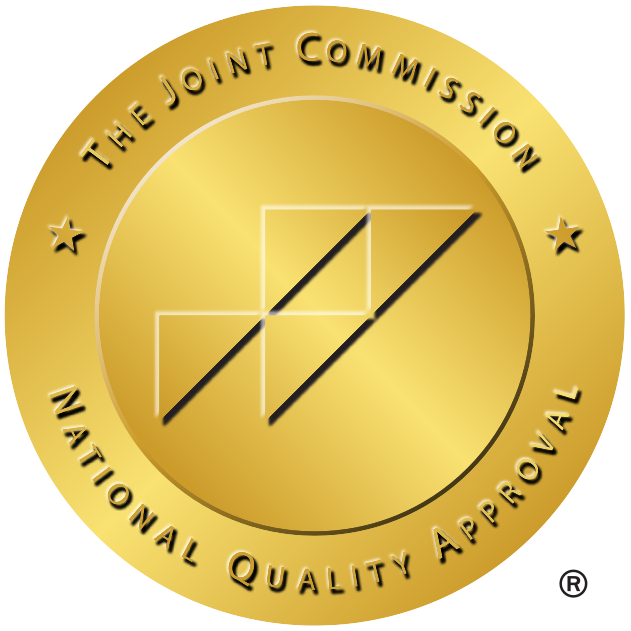
Joint Commission (Oakbrook Terrace, IL)

Council On Accreditation (New York, NY)

Cognia (Alpharetta, GA)
Member Of
Ethical Principles
Youth For Tomorrow provides residential, educational and behavioral health services to children and families entrusted to our programs by parents, guardians and referring agencies.
Our mission is to provide children and families with the opportunity to focus their lives and develop the confidence, skills, intellectual ability, spiritual insight and moral integrity, based on Godly principles, resulting in positive changes to the benefit of the child, the family, the community, and the nation.
The objective of our residential, therapeutic and educational programs is to provide excellent treatment for program participants; treatment that is rooted in good-hearted concern for their well-being and growth; respect for them as human beings; and sensitivity to their individual needs and integrity.
Youth For Tomorrow Strives To:
- Practice Godly principles in which YFT Leadership and staff seek God's counsel prior to making decisions and providing treatment.
- Be conscious of, and responsive to, the dignity, welfare, and worth of our program participants.
- Respect the privacy, confidentiality, and autonomy of program participants within the context of our facilities and programs.
- Be aware and respectful of cultural, familial, and societal backgrounds of our program participants.
- Take reasonable steps to ensure a safe environment that addresses the emotional, spiritual, educational, and physical needs of our program participants.
- Maintain high standards of competence in our areas of expertise and to be mindful of our limitations.
- Value continuous professional development, research, and scholarship.
- Place primary emphasis on the welfare of our program participants in the development and implementation of our business practices.
- Manage our finances to ensure there are adequate resources to accomplish our mission.
- Fully disclose to prospective candidates the nature of services, benefits, risks, and costs.
- Provide informed, professional referrals when appropriate or if we are unable to continue service.
The U.S Department of Agriculture prohibits discrimination against its customers, employees, and applicants for employment on the bases of race, color, national origin, age, disability, sex, gender identity, religion, reprisal, and where applicable, political beliefs, marital status, familial or parental status, sexual orientation, or all or part of an individual’s income is derived from any public assistance program, or protected genetic information in employment or in any program or activity conducted or funded by the Department. (Not all prohibited bases will apply to all programs and/or employment activities.)
If you wish to file a Civil Rights program complaint of discrimination, complete the USDA Program Discrimination Complaint Form, found online at Filing a Program Discrimination Complaint as a USDA Customer | USDA or by sending an email to CR-Info@USDA.gov. You may also write a letter containing all of the information requested in the form. Send your completed complaint form or letter to us by mail at U.S. Department of Agriculture, Director, Center for Civil Rights Enforcement, 1400 Independence Avenue, S.W., Washington, D.C. 20250-9410, by fax (202) 690-7442 or email at program.intake@usda.gov.
Individuals who are deaf, hard of hearing or have speech disabilities may contact USDA through the Federal Relay Service on 711; or (800) 845-6136 (Spanish).
USDA is an equal opportunity provider and employer.


